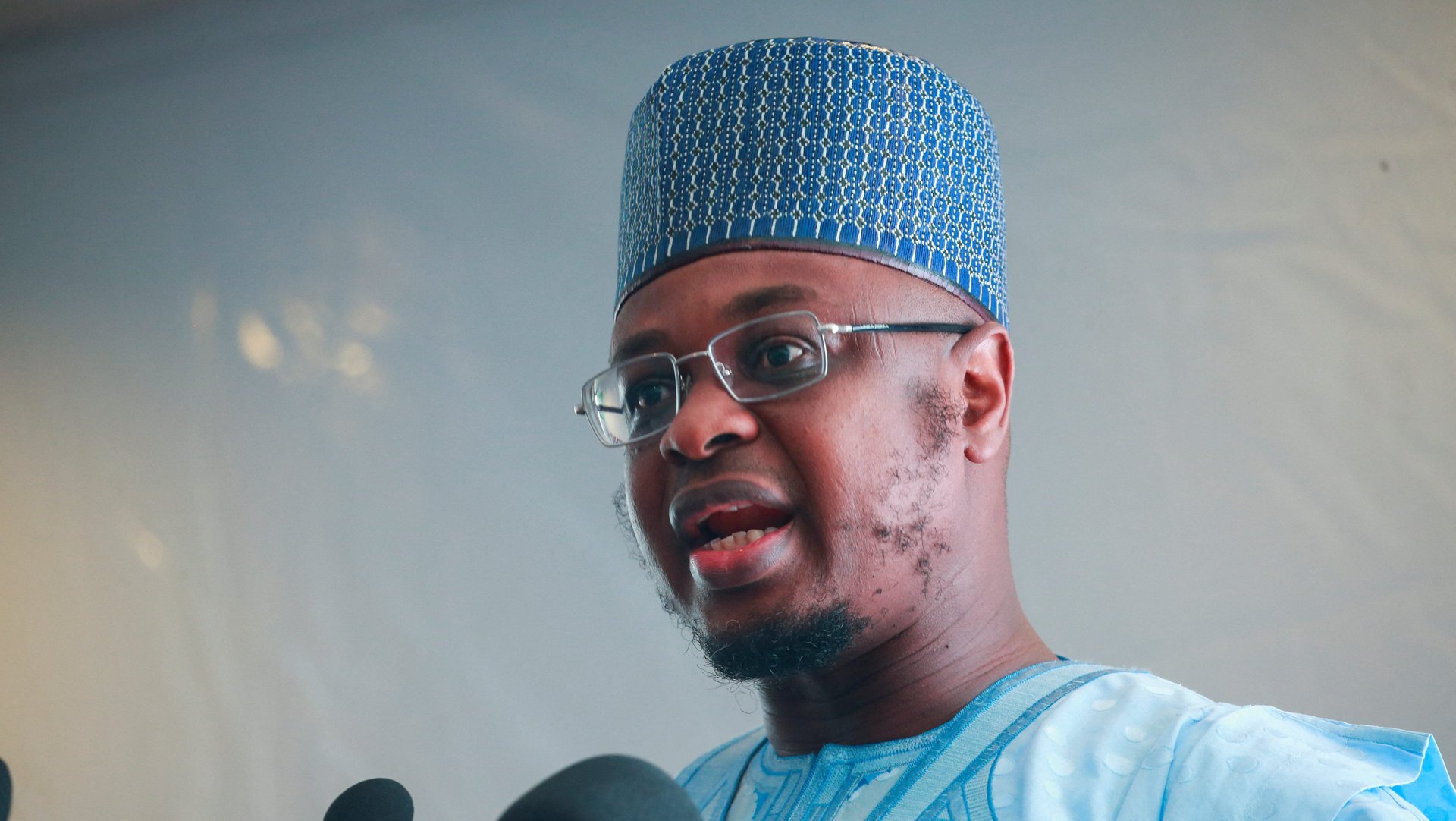Nigeria’s startup bill is heading to parliament after winning cabinet approval
A bill to formalize relations between startups and regulators in Nigeria was approved by the country’s executive on Dec. 15 and will now head to parliament to become law.


A bill to formalize relations between startups and regulators in Nigeria was approved by the country’s executive on Dec. 15 and will now head to parliament to become law.
Known as the Nigeria Startup Bill (NSB), the proposal is the result of collaboration between startup investors, entrepreneurs, law firms, policy advocacy groups, and representatives of the federal government. If implementation of the startup bill is successful, it will provide long-awaited respite for Nigeria’s startups that have found themselves navigating sudden, aggressive regulations (like motorcycle taxi, cryptocurrency, and Twitter bans.)
Work on the bill started earlier this year involving frequent events held online and offline to clarify purpose and content. The delayed bill is not yet public but the aim, according to those involved, is to provide regulatory support to a thriving tech scene that spurs successful companies like Jumia, Andela, Paystack, and MainOne, attracts record amounts of venture capital (over $1.4 billion in 2021 alone), and is birthing a globally competitive workforce.
What the Nigeria Startup Bill is supposed to achieve
Should parliament pass the NSB, Nigeria will join Tunisia, and Senegal on the list of African countries to have passed dedicated legislation geared at enabling startups. Kenya, and South Africa are at different stages of their own efforts.
Startup bills are legislative attempts to create a business environment where startups, government, and other players work towards a common goal. In Nigeria, which ranks 131st out of 190 on the World Bank’s ease of doing business rankings, architects of the startup bill expect it to effect change in four aspects: capital, regulation, infrastructure, and talent.
Kola Aina, founder and general partner of Ventures Platform Fund, a startup investment firm that has helped shape the NSB, said the bill could guard startups against “seemingly disruptive regulations, lack of regulatory certainty, and weak infrastructure like broadband, open data, and digital platforms that limit the optimization of the many benefits of the digital economy.”
Nigeria’s minister of communications and digital economy, Isa Pantami, said the NSB will replace the National Digital Innovation Entrepreneurship and Startup Policy (pdf), a proposal that was going to be Nigeria’s approach to digital innovation. There is cautious optimism in the fact that the government shelved this plan in favor of the NSB because the latter was led by the private sector.
Pantami revealed two aspects to the NSB: a national council for digital innovation and entrepreneurship, chaired by the Nigerian president and vice president, and a startup investment seed fund run by the government.
It is not clear how the NSB, welcomed by startups, will co-exist with another government bill that stirred confusion and anger when it became public a few months ago. But Oswald Osaretin Guobadia, the presidential aide leading the NSB project, described it as “one among a series of key activities” with which Buhari hopes to build “a more sustainable ecosystem for young people in Nigeria to thrive and scale.”
Nigeria’s government wakes up to tech boom
Government agencies like the Nigeria Sovereign Investment Authority (NSIA) are increasing their startup-related activity; for example, the NSIA is an investor in Ventures Platform—a fund that invests early in founders. A government seed fund could make startup funding more directly accessible to Nigerian innovators that are unable to access the existing network of local and international investors.
It will depend on how such a fund will be administered. Despite the tech boom, the perception of corruption remains high in Nigeria; Transparency International’s index places it as the 149th least corrupt out of 180 countries.
That said, the process that produced the NSB could be a template for ecosystem initiatives going forward. “The inclusive and collaborative process is laudable and can serve as a framework for policy formulation in the country,” says Adaeze Sokan, the country director for the UK-Nigeria Tech Hub. All that’s left to canonize the process is assent by Nigeria’s legislators.
Sign up to the Quartz Africa Weekly Brief here for news and analysis on African business, tech, and innovation in your inbox.